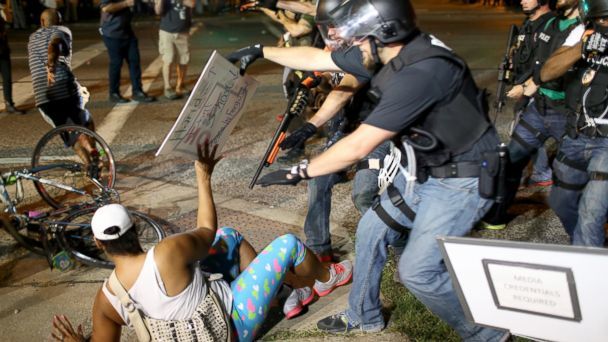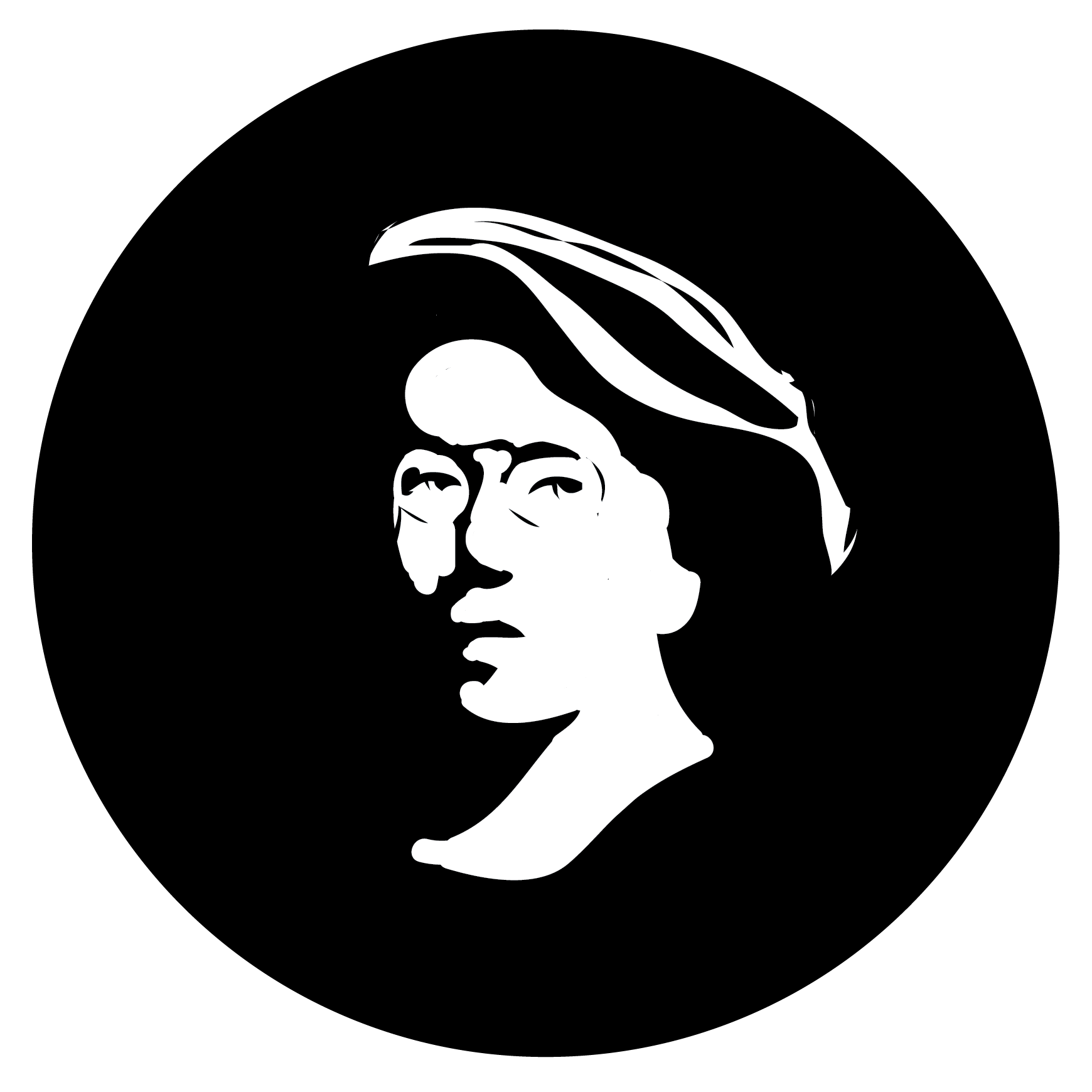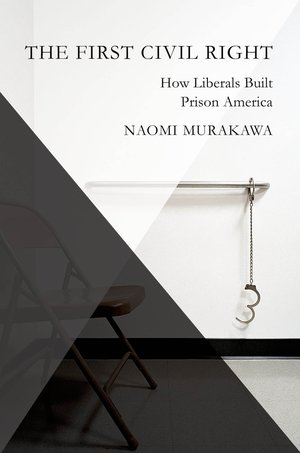On our blog
Three upcoming events focusing on mass incarceration and policing
September 4, 2014

While we have a lot of great events coming up in September, including the Radical Bookfair, we thought it'd be a good idea to specifically highlight three events we have coming up in October and November that focus on different aspects of our exceptionally problematic criminal "justice" system. The police murder of Michael Brown in Ferguson is, sadly, not an exceptional case—and we thought bringing authors to town who could address some of the larger questions around the systemic dysfunction and structural racism in the American systems of policing and incarceration would be a helpful contribution we could make as a bookstore.
On our lists
Prisons and policing
with many suggestions taken from the excellent Prison Culture blog!
2014 Holiday Gift Guide: Authors we brought to Baltimore
Just some of the highlights from the events we hosted in our first year on North Ave.
How non-transformative demands for prison reform reinforce the prison system
Liberal complicity with the growth of the mass incarceration runs deep—by refusing to acknowledge the structural transformations and reparative action needed for real political and economic equity, calls for more effective or more fair policing can in reality fuel the growth of a repressive carceral apparatus.

